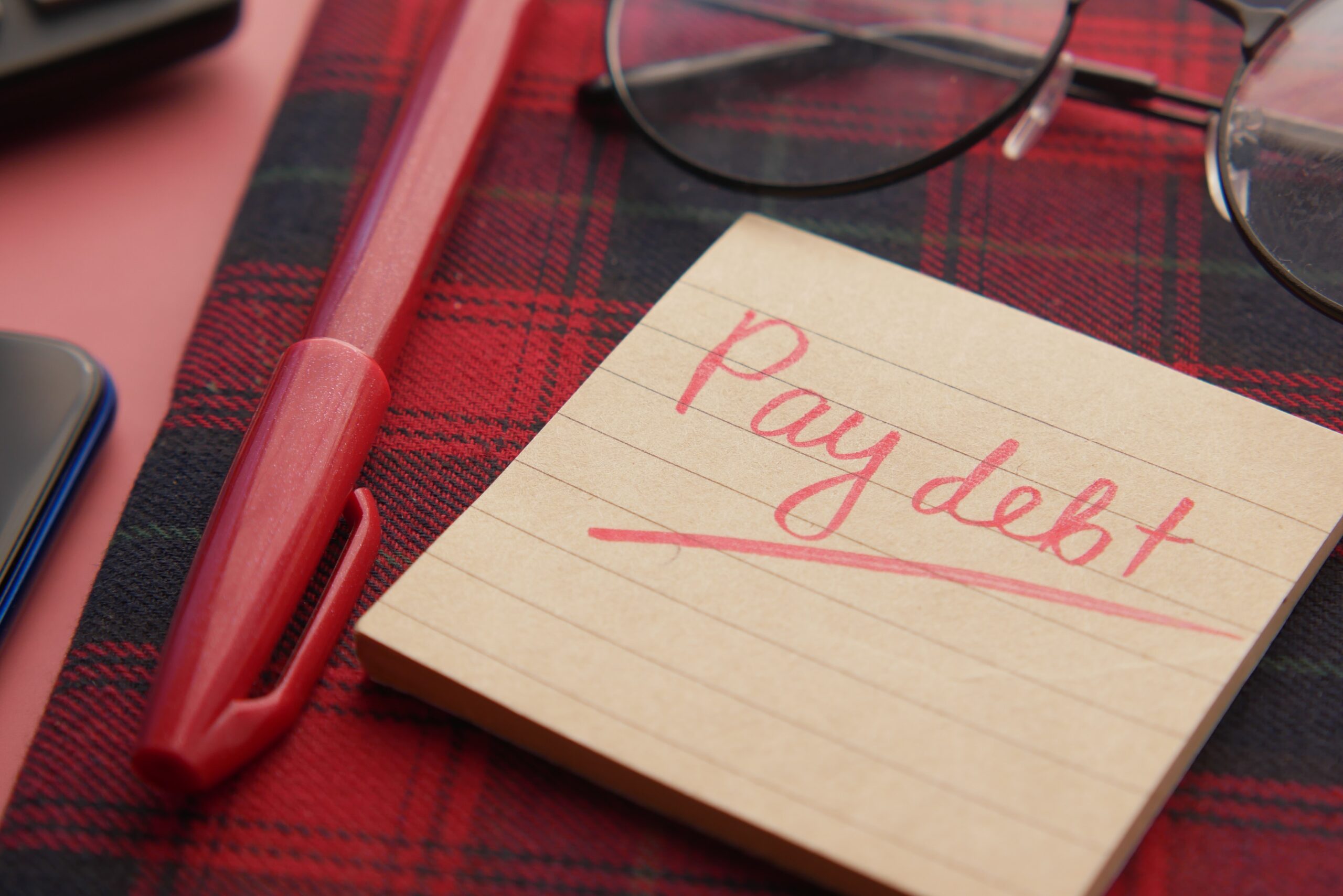
If you receive a late payment letter, it can be very stressful, but you should try not to worry. Initially, it is important that you understand which of your debts are a priority. The next step is to begin to deal with them. You can also get free and impartial debt advice.
What to do when you receive a late payment letter
It’s important that you try not to panic if you receive a late payment letter. A company chasing a debt should only use legal action as a last resort. However, it is vital that you take action. Late payment letters come in separate categories, and they should all be accompanied by an information sheet from the Financial Conduct Authority (FCA) on what it means and where to get advice. The different types of letter include:
- Letters saying you have missed a payment
- A letter of notice of court action
- A letter to inform you that you are in arrears or in default.
If you are struggling to repay the money you owe every month, talk to a free and impartial debt advice company. They will talk you through your different options.
Communicate with your creditors
It is vital that you talk to the people your creditors, and it is also a good idea to contact a free and impartial debt advice company. When you speak to your creditors they may:
- Offer you a ‘payment holiday’.
- Freeze the interest payments.
- Allow you to repay what you owe in instalments.
- Reschedule your payments, or postpone the deadline for payment.
- Put a temporary hold on all reminder letters and phone calls while you discuss you get debt advice.
Many companies will be reasonable if you tell them about your situation. However, they are unable to help if they are unaware of your situation.
If you think that there is a mistake or you don’t actually owe the money, don’t delay. Contact the company as soon as possible to avoid further letters being sent.
Priority debts or non-priority debts?
It is essential, when dealing with debts, to understand the difference between priority and non-priority debts. Priority debts are not simply the largest bills or the bills with the highest interest rate.
Priority debts have the most serious consequences if they are not paid. This includes:
- Court claim forms
- Bankruptcy
- House repossession – losing your home
- Disconnection of gas and electricity.
Priority debts that should be paid first include:
- Court fines
- Council Tax
- TV Licence
- Child maintenance
- Utility bills
- Income Tax, National Insurance and VAT
- Mortgage or rent payments.
Non-priority debts include:
- Water bills
- Overdrafts
- Payday loans
- Personal loans
- Phone and TV
- Credit card or store card bills
- Catalogue bills
- Gym
- Money borrowed from family or friends.
You should work out your budget, by using your income and expenditures to calculate the amount you can pay off your debts. You could get help with this from a free debt advice service.
Never ignore late payment letters
You should never ignore a late payment letter as it will only make the situation worse. If you ignore a late payment letter, this could damage your credit score meaning lenders are less likely to lend to you in the future. Missed payments are likely to be recorded on your credit file. You could also be charged late payment fees and other charges, which would further add to your debts.
What happens if you don’t respond?
- You will receive further letters and perhaps phone calls from your creditor.
- You will receive a default notice.
- If you don’t reply to the default notice or letters requesting payment, the company may pass the debt to a debt collection agency or start legal action.
- Your creditor could then go to the county court and get a judgment against you. A judgment is known as a ‘decree’ in Scotland.
Rules on debt collection
The Financial Conduct Authority has set clear rules about what a company or debt collection agency can and cannot do when collecting a credit debt.
They cannot:
- Access a property uninvited.
- Use overly complicated language.
- Chase you for payment that you are not liable for.
- Mislead you about your rights.
- Produce documents that imitate court documents.
- Contact you at an unreasonable hour.
- Send demand letters addressed to ‘the occupier’.
If a debt collector breaks FCA rules or harasses you, report them to your local Trading Standards or complain to the Financial Ombudsman Service.






